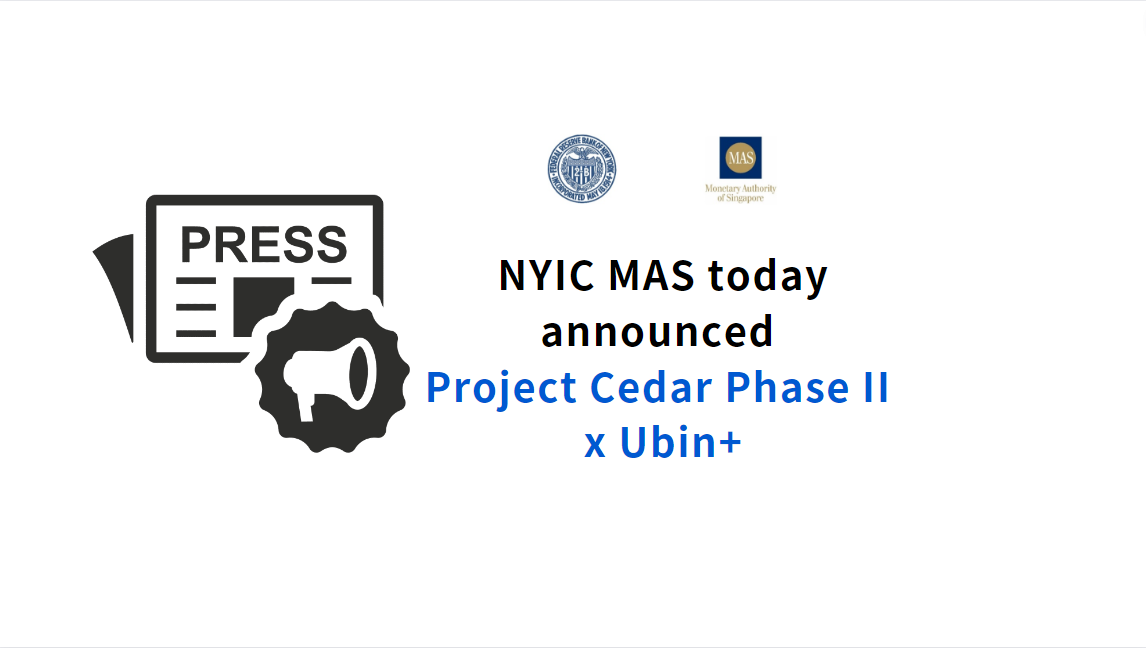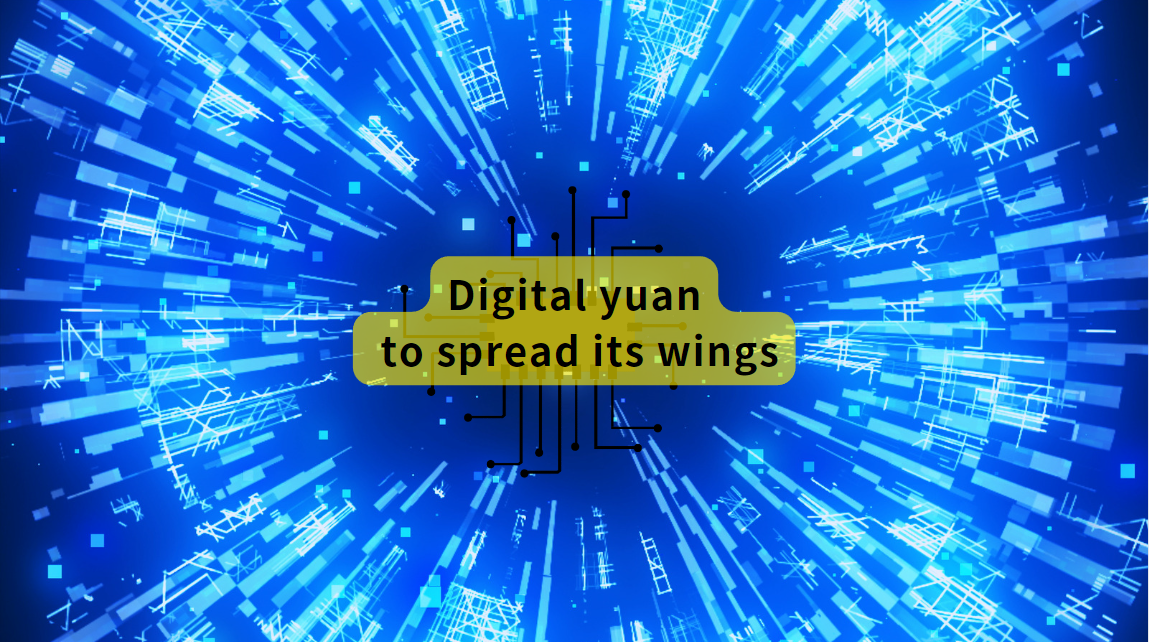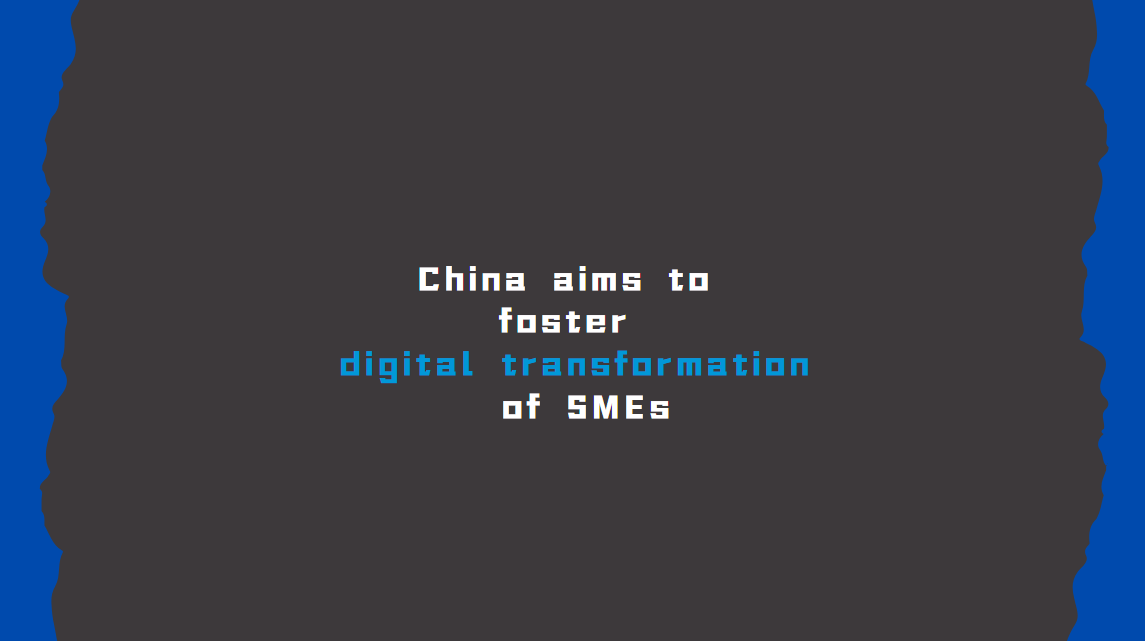ICBC ramps up efforts on metaverse
Industrial and Commercial Bank of China, the country's largest State-owned commercial lender by assets, is preparing to expand its pilot program for the creation and operation of a meta-verse business hall, said a mid-level manager at the bank.
Earlier this year, ICBC launched a metaverse business hall in the Xiong'an New Area of Hebei province. Using the flagship business hall of ICBC as a prototype, it can provide an immersive experience and varied interactions with clients through the integrated adoption of digital twin modeling, content generation and intelligent interaction technologies.
The bank plans to expand the pilot program to its Beijing and Shanghai branches, said Jin Haimin, assistant general manager of the financial technology department at ICBC.
At present, clients can use their mobile phones to visit the meta-verse business hall, manipulating their avatars to browse products on display, such as credit cards and precious metal ornaments, by clicking and swiping.
They can also go to ICBC's Xiong'an Branch to explore the metaverse business hall and interact with a customer service robot by wearing virtual reality headsets and accessories provided at the branch.
The equipment will enable them to take a close, three-dimensional and multi-angle look at the mock-ups of precious metal ornaments, in addition to moving freely in the virtual business hall as if they were walking in a bank branch in the real world.
Currently, ICBC does not offer financial products or services in the metaverse business hall, which has so far been mainly used as a marketing channel. The bank is exploring how to allow clients to pay virtual visits to the metaverse business hall by using their own VR headsets at home in the future.
"The metaverse is likely to become the next-generation internet application and social pattern. It is expected to further promote digital transformation and an upgrade of the whole society," Jin said.
New application scenarios generated by the evolution of the metaverse concept and the digital environment combining real and virtual conditions will provide opportunities for the creation of a better financial ecosystem in the digital world. This will promote the innovation of commercial bank service models, business procedures and financial products.
In addition, the development of supporting technologies of the metaverse will promote the upgrade of digital technologies and enable reforms of banks' operating models and management approaches, he said.

"The research and application of the metaverse at ICBC mainly aim at promoting the building of D-ICBC, the bank's new digital brand. We are exploring future application scenarios of the meta-verse in the banking sector in a prudent manner, striving to seize the initiative in terms of technological innovation and the reform of business models. As a form of banking business offices in the future, the metaverse business hall also provides a reference for our branch transformation," he said.
The bank is promoting research on the integrated development of the digital yuan, also known as e-CNY, and business activities associated with the metaverse, such as allowing customers to open an e-CNY wallet at a meta-verse business hall in the future.
In the next step, ICBC will make proactive explorations in fields like credit risk control, internal operations and product innovation. The bank will include business entities and collateral in the metaverse and carry out dynamic monitoring to enhance its intelligent risk management capabilities, Jin said.
Liao Lin, president of ICBC, said at a news conference on Aug 30 that the bank is pushing forward digital transformation and continuously deepening the integration of business and technologies.
This trend is also identified in other listed banks. China Construction Bank Corp, another large State-owned commercial lender, said it is building artificial intelligence, big data, blockchain, the internet of things and mobile internet platforms while carrying out independent research and development of blockchain technologies.
China Merchants Bank said in its 2022 interim results announcement that the national joint-stock commercial lender's information technology expenses amounted to 5.36 billion yuan ($758.54 million) in the first half, up 6.03 percent year-on-year.
At the end of June, the number of R&D personnel of CMB and its subsidiaries reached 10,392, representing an increase of 3.48 percent from the end of the previous year, accounting for 10 percent of the total number of employees of the bank and its subsidiaries.






















































First, please LoginComment After ~